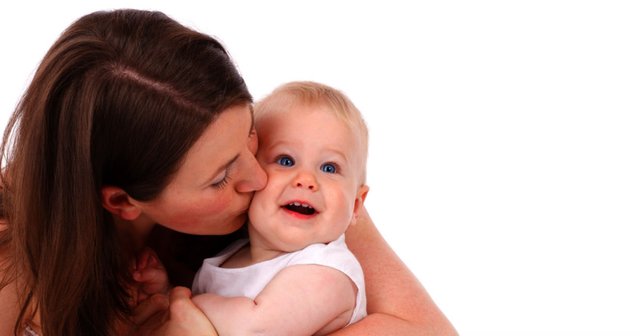"The dimensions of self-respect".

Source
Greetings to the whole community.
In a new exchange of knowledge, it is interesting to know the dimensions of self-respect.
We have shared previous studies on self-esteem and the origin of negative feelings, which appear in the early years of childhood.
Similarly, the dimensions of self-respect have to do with the child, even from the moment you put out the candle on your first birthday cake, your attitude of self-respect has already become vulnerable.
A creature of only a few months can already distinguish between censure and praise. He realizes his importance when he receives and experiences negative feelings when he is treated harshly. He identifies with the way his parents feel about him. His understanding of the love and respect that his parents manifest towards him places the important foundation of self-esteem.
When a child approaches his third or fourth birthday, his world expands to include a large number of people. Kindergarten, kindergarten, church attendance, television programs and listening to books increase your relationships with other people. At the age of 7 or 8 years, when their social life has been extended again, a child can already be affected by feelings of inferiority. The contact with his playmates exposes him to provocations and teasing. Children are often frank, cruel and inconsiderate in their mutual relationships. The child who grows, almost every day finds experiences that could threaten the concept of himself. The feelings of sufficiency are aggravated until reaching a maximum level during adolescence.


Source
But does the development of self-esteem and personal dignity encompass more than abstinence from using comments?
Yes. When it comes to the development of the child's psychological image, three factors must be taken into account:
1. You learn self-esteem.

Source
Self-love is a learned response to the totality of life's experiences. A child is born feeling good about himself, although the tendency to feel positively or negatively is inherent.
Self-respect generally evolves from a child's daily interaction with other people. Then, the child develops positive or negative feelings about their personal dignity, based on the sum total of life experiences.
The more positive are the experiences that parents put within reach of their children and the more positive the reactions they receive from them, the greater the chances that they will learn that he is a valuable and appropriate person.

2. Self respect must be earned.

Source
A task that is worthwhile and performed well stimulates the sense of sufficiency.
Each child asks: "How am I?" No matter how well you have done one thing, most adults believe that you could have done better if you had tried more. If you believe it about your child, you will manifest it consciously or unconsciously in your relationships with him. You will not be able to hide those feelings for a long time.
Productivity, achievement and creativity promote feelings of personal dignity. The child who does not think he can do things well will never be able to like himself. Therefore, each child needs a "specialty," that is, a skill or aptitude through which self-respect can be earned. Through the development of skills and abilities, a child can increase their sense of sufficiency.
Parents can reinforce this aspect of self-respect through verbal comments such as: "This morning you did your bed very well" or "You are improving in arithmetic". or "You are very good at drawing, you have a lot of talent". The feelings that arise when something is done well promote feelings of sufficiency.

3. Self-love has to be experienced.

Source
You can say repeatedly to your son: "I love you very much, I think you're worth a lot, I like you". But if you do not feel its warmth and acceptance, your words will not convince you, no matter how many times you repeat them. You can talk about anything you want about respect: "Of course, dear, we respect you, we believe you are wonderful." But if his actions do not reinforce his words, his son will not develop his personal dignity.
It is not enough for parents to love their children. Your child should feel his acceptance of him as a person; feel your appreciation of your individual value, whether or not you do something big in life. Love is not the best gift parents can give a child, but self-respect is. A child can not experience or return love until he first learns to respect himself.
So, self-esteem is a positive attitude that is obtained by learning, winning and experiencing.


Source
Source

